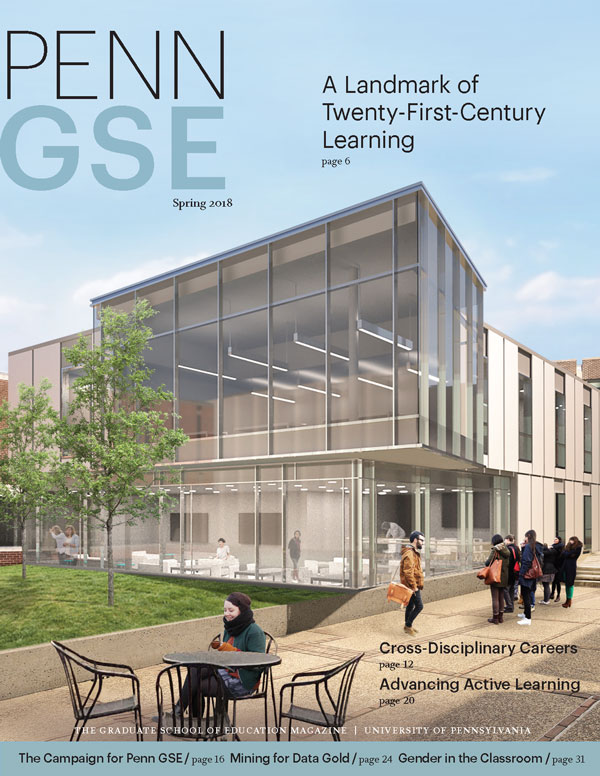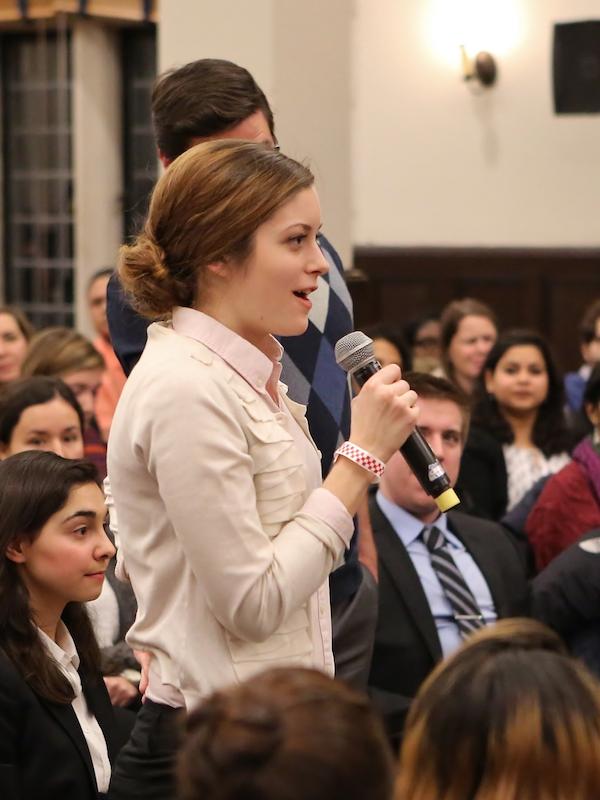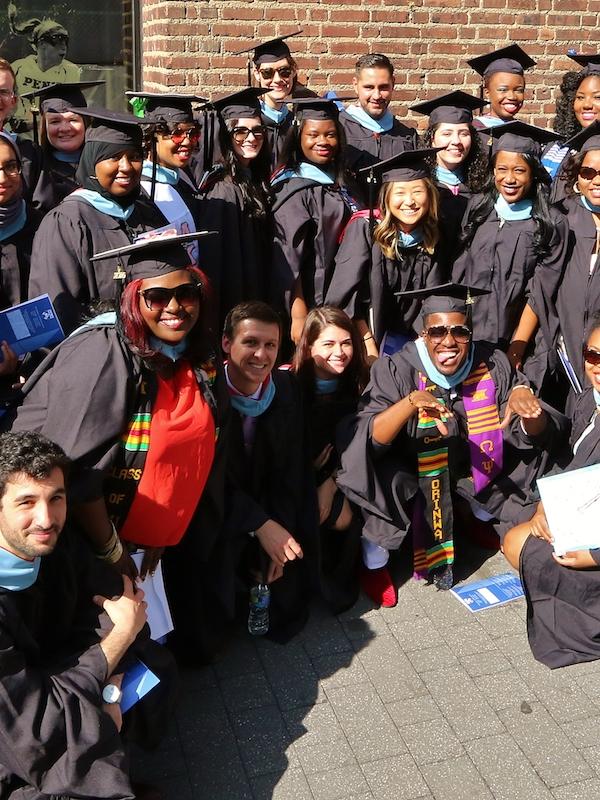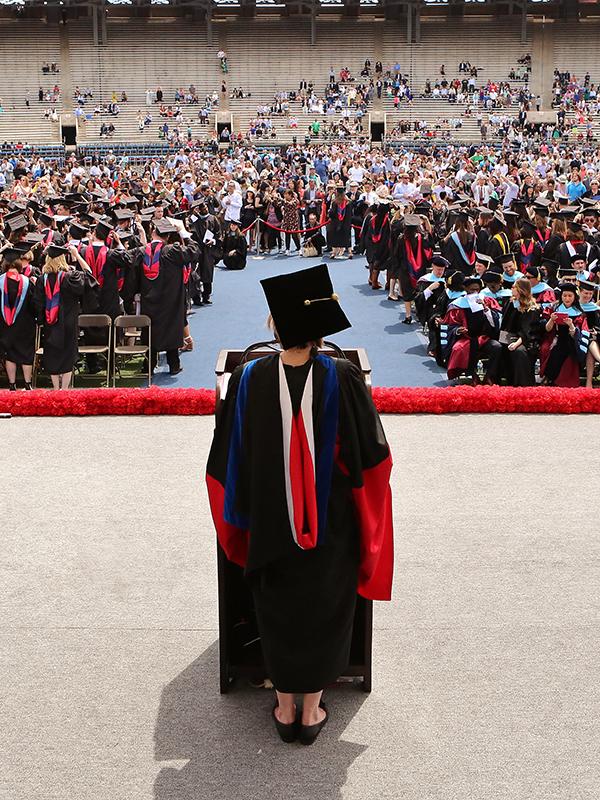Educating Beyond Boundaries: Penn GSE Alumni Pursue Cross-Disciplinary Careers
by Lini S. Kabada
Education exists in the world, not apart from it. Knowing that the power to enact meaningful change often comes through partnerships with other fields, Penn GSE creates cross-disciplinary connections to address issues such as community health and welfare, workforce management, the need for innovation, and global educational access. The same is true of Penn GSE alumni. Here, four graduates share stories of impactful careers that transcend traditional boundaries to pair education with psychology, corporate leadership, business and technology, and international development.

Discovering How Injustice, Biases, and Learning Are Linked
Clinical and social psychologist Mona Sue Weissmark, GR’86, is best known for groundbreaking social experiments that brought children of Holocaust survivors face-to-face with children of Nazis. She also famously convinced descendants of African American slaves and slave owners to meet.
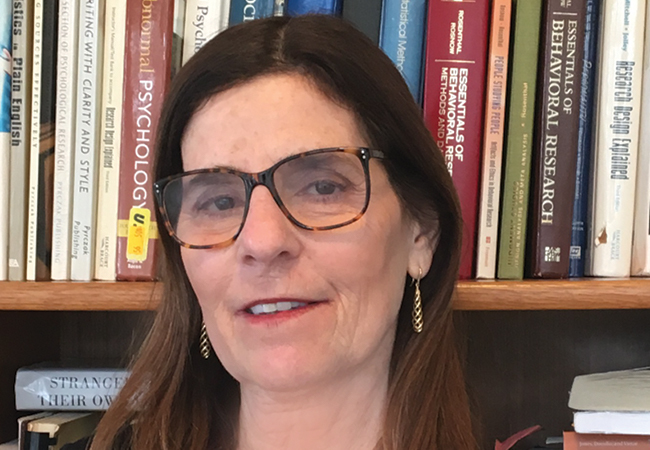
“We know what justice means in legal terms, but what does it really mean in our lives?” asks Weissmark, a part-time associate professor of psychiatry and behavioral sciences at Northwestern University and a visiting professor of psychology at Harvard University.
Exploring that question in her research, Weissmark confirmed that the emotions surrounding historic injustices are passed down, often learned through stories, from generation to generation. The process keeps alive feelings such as trauma, resentment, anger, and vengefulness on the part of victims, while sustaining guilt, denial, hatred, and shame on the part of perpetrators.
In her 2004 book Justice Matters: Legacies of the Holocaust and World War II, Weissmark argued that the cycle can be broken if the descendants of each group are willing to find respect for each other.
The 2006 documentary Seeing the Other Side—60 Years After Buchenwald traces her own journey beyond past injustice. The daughter of Holocaust survivors, Weissmark grew up assuming that all Germans are anti-Semitic. As an adult, she came to recognize the gratitude she owed the German family who sheltered her father after his escape from a concentration camp. Thanking them in person helped her overcome anger and resentment. In her search for answers, Weissmark constantly moves across disciplinary boundaries. She attributes this approach to her experience as a Ph.D. student in the Education, Culture, and Society program at Penn GSE.
“I am so grateful to that program,” she says. “Its whole point—and I think it was extremely unique—was a holistic view of education and the importance of context in mediating relationships between social and cultural influences and educational experience.”
“If you are thinking scientifically, you realize you could be wrong, and that brings a lot of humility to your own position. It’s very powerful.”
In her forthcoming textbook, The Science of Diversity, Weissmark draws upon multiple fields to explore the concept of diversity, the failure of many corporate diversity training programs, and the origins of bias.
Weissmark, who completed a postdoctoral fellowship in psychology at Harvard, reports that her research shows a biologically based tendency to favor one’s own group. “That’s why you can’t simply say, ‘Get rid of your biases,’” she says.
Understanding that both biology and intergenerational learning are sources of biases, Weissmark argues that biases can be unlearned. She offers a three-step process to come to an understanding, appreciation, and respect for others, an approach that includes applying the scientific method.
“If you are thinking scientifically, you realize you could be wrong, and that brings a lot of humility to your own position,” she says. “It’s very powerful.”
Promoting the Value of Learning in the Workplace
Before entering corporate leadership, David DeFilippo, GRD’13, drove a UPS truck. The nine-month stint in 1992 was the starting point to management for the former Spanish teacher, a way of learning on the front lines to really understand the business.
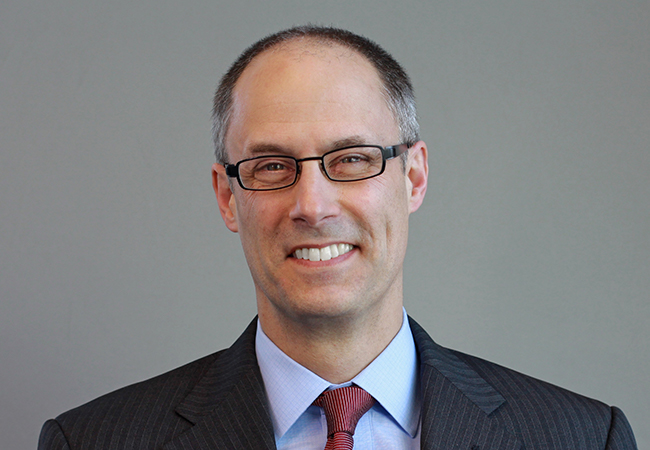
That commitment to learning offered the theme for his subsequent career. UPS placed him in a management rotation that included participation in a corporate training project. DeFilippo provided instruction and evaluated curricula, translating his teaching skills to a new setting.
“That project led me to what I’ve done for the last twenty years,” he says. At companies including Comcast, Capital One Financial, and BNY Mellon, DeFilippo has overseen corporate functions dedicated to learning and talent development, including employee training, leadership development, and executive coaching. He determines how to hire the best people, how to engage them and manage their performance, and how to build better future leaders.
The first in his family to attend college, DeFilippo has always valued education. “Teachers and coaches in my younger years played a really important role in pushing me to believe I could be better than I was,” he says. “If I had not had the right coaches and teachers, I could have taken a different path.”
That personal experience keeps DeFilippo passionate about his work. Valuing education also brought him to Penn GSE. Whilechief learning officer for the asset management business at BNY Mellon, he earned an Ed.D. in the executive-format PennCLO (Chief Learning Officer) program at GSE.
“Teachers and coaches in my younger years played a really important role in pushing me to believe I could be better than I was.”
“I think the real value and elegance of the PennCLO program is that it really wants working practitioners who can bring thingsfrom their day jobs into the classroom and bring the classroom into their day jobs,” he says.
Studying research methodologies in the program, for example, helped him construct stronger company surveys and focus groups at BNY Mellon. “That better data led to better solutions,” says DeFilippo, who authors a bimonthly column in Chief Learning Officer Magazine.
At Suffolk, a national construction management firm headquartered in Boston, he continues to put proven academic theory and data front and center. As he develops talent and coaches leaders, he favors empirical research over fads that have not been examined objectively.
DeFilippo has always found satisfaction in the tangible results that come from addressing business needs. Take sales and product training, which prepare employees to interact with customers. “It isn’t nice-to-have learning and education,” he says, “it’s need-to-have for the growth of the company.”
Delivering Education Through Business and Technology
For Norrizan Razali, GR’92, a modest upbringing in the Malaysian capital of Kuala Lumpur underscored the importance of education, especially English fluency, in opening doors to economic prosperity. Her path to leadership in business and technology at Microsoft and Apple began with curiosity about English language acquisition in her native city.
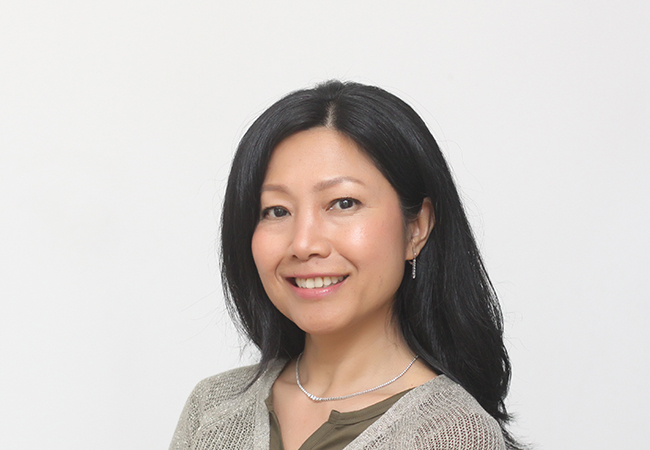
Razali had learned English at school in Kuala Lumpur and earned bachelor’s and master’s degrees in education in the United States. When she returned home in 1986, she became intrigued by pockets of the city where communities lacked English proficiency despite being surrounded by English speakers.
“That, to me, was an interesting paradox,” she says. Subsequently pursuing a Ph.D. at Penn GSE, Razali sought to understand “how a community picks up learning.” She took the opportunity to work across schools and disciplines at Penn, connecting with pioneering cultural anthropologist Ward Goodenough.
In her study of a poor urban community in Kuala Lumpur, Razali used a model developed by Goodenough, applying anthropological techniques to observe English language acquisition. “I became one of the first Ph.D. students to take that approach to language in Malaysia,” she says.
Razali’s research confirmed that English skills were frowned upon in these communities due to cultural factors. At the same time, she noticed that the children recited English lyrics to pop songs, though they didn’t know the meaning of the words. She recommended capitalizing on this trend through a learning approach that used songs to teach English.
That project sparked her career in delivering education to communities, often through the use of technology. Throughout, she says, her Penn GSE education has given her credibility. “I’m recognized as an educationist. Because of my Penn degree, I have a passport for that,” she says.
“It’s always about enabling people to deliver education better.”
As a senior analyst for the Institute of Strategic and International Studies in Malaysia, she worked on World Bank projects, including nationwide technical and vocational education in collaboration with the Ministry of Education. She later joined a government project that introduced technologically advanced “smart” schools through eighty-eight pilot schools. “You need to know how to engage teachers to use and optimize technology,” she says of such work.
Since 2013, Razali has focused on educational development through sales, first as education director for Microsoft Malaysia and most recently as business development manager for Apple Malaysia.
At Microsoft, she managed an educational sales team whose biggest client was the Malaysian Ministry of Education. At Apple, she developed sales strategies to increase adoption of a one student-one device program in public school classrooms, providing guidance to school leaders and helping teachers integrate digital technology into their pedagogy.
Now embarking on a new chapter, she is planning her own business venture that will build upon her expertise in educational leadership and technology integration.
“It’s always about enabling people to deliver education better,” she says.
Bringing Education to Nations of Students
Throughout his career, first as an educator and now as a developer of international social-impact programs, Christopher Ashford, GR’00, has wanted to improve the lives of children.
At each stop on his path from English teacher to leadership at several of the largest international development firms in the world, he has aimed to broaden his reach.
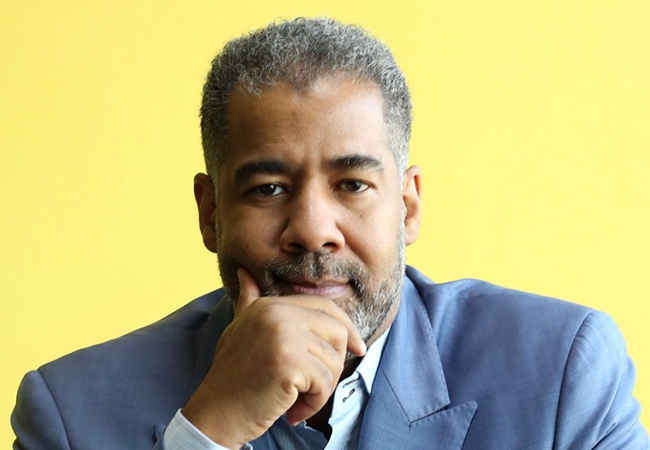
After teaching, Ashford set his sights on the role of superintendent at an urban school district, seeking the potential to influence the education of thousands. He came to Penn GSE to prepare for such an administrative post. However, by the time he graduated with a Ph.D. in education and human development, he envisioned impact on a national scale.
He had experienced two defining moments at Penn GSE. First, he earned the Mellon Fellowship to study abroad in Botswana, which exposed him to the needs of developing countries. Second, he worked with Margaret Beale Spencer, a professor of child and developmental psychology at Penn GSE at the time.
Ashford recalls that Spencer took him under her wing, mentoring him and other African American students on the path to a doctorate. “I felt like I had found a home,” he says. Under Spencer’s tutelage, Ashford studied career trajectories of special-needs African American boys in urban environments, using a theory that the professor had developed.
“Penn GSE shared my interest in viewing education within a context and not in a vacuum.”
Since receiving his doctorate, Ashford has spent the bulk of his career working for international agencies in Africa, the Middle East, and Asia, implementing education as one of several fundamental factors that improve lives. He manages diverse, multimilliondollar projects in education, youth development, food and water security, renewable energy, and small business development. Always, he says, the goal is scalable and sustainable impact.
“I focus on putting together a very dynamic team and identifying local and national talent who can come in after me and manage the work,” says Ashford. In his current role as managing director, lead technology strategist, and chief of party at Chemonics International, he is overseeing Rwanda’s national literacy program for 2.5 million schoolchildren. The $75 million USAID contract is meant to develop not only quality reading materials, but also quality teacher training efforts. “Our work is building out whole education systems,” he says.
Next, Ashford heads to Bangladesh to start an education program under a $100 million contract—the largest in the world, he says. He credits Penn GSE with the foundation for his career path.
“Penn GSE shared my interest in viewing education within a context and not in a vacuum,” he says. “It was an amazing place to study and a great place to launch my career.”
This article originally appeared in the Spring 2018 issue of The Penn GSE Magazine.

